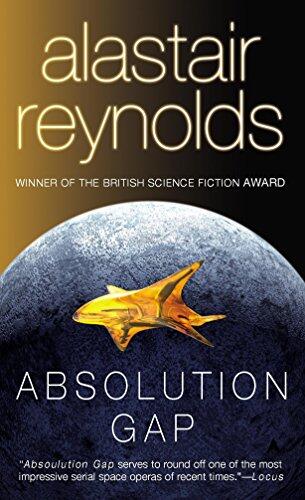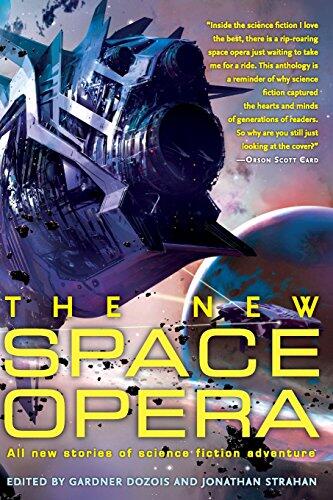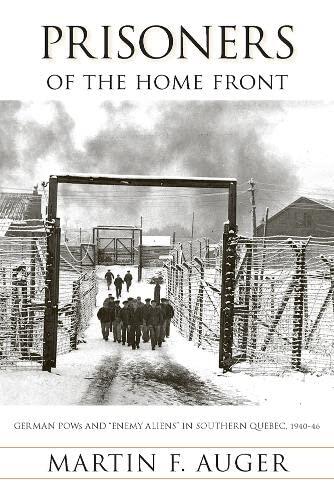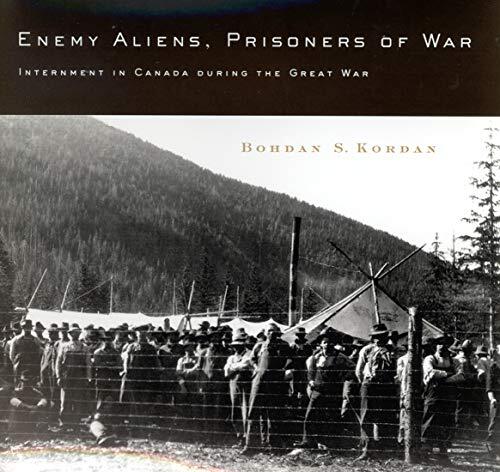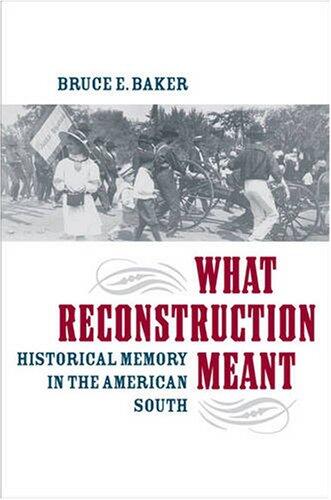
What Reconstruction Meant: Historical Memory in the American South
por
Bruce E. Baker
Ainda sem avaliações
Action & Adventure
History
Formato
Capa dura
Páginas
248
Idioma
Inglês
Publicado
Sep 5, 2007
Editora
University of Virginia Press
ISBN-10
0813926602
ISBN-13
9780813926605
Descrição
Bruce E. Baker delves into the intricate tapestry of memory and historical interpretation surrounding the Reconstruction era in the American South. By examining the myriad ways in which this tumultuous period has been remembered—or perhaps misremembered—Baker offers a nuanced perspective that reflects the complexities of Southern identity. He explores significant figures such as Wade Hampton, whose legacy became entwined with the evolving narratives of post-war society, casting a long shadow that resonated deeply in the minds of both contemporaries and future generations.
Through meticulous research and insightful analysis, Baker uncovers how celebrations and remembrances shaped the cultural landscape of the South. These acts of remembrance not only served to solidify local identities but also influenced broader national conversations about race, power, and redemption in a divided nation. By understanding these historical memories, readers gain a clearer picture of the legacies that have persisted into the modern age, continuing to inform societal dynamics and regional pride.
Baker’s work prompts readers to consider how the past is continually reshaped by those who recall it, shedding light on the intersection of history, memory, and identity. His exploration invites contemplation of how narratives evolve over time, ultimately shaping the collective consciousness of a region that has wrestled with its history for generations.
Through meticulous research and insightful analysis, Baker uncovers how celebrations and remembrances shaped the cultural landscape of the South. These acts of remembrance not only served to solidify local identities but also influenced broader national conversations about race, power, and redemption in a divided nation. By understanding these historical memories, readers gain a clearer picture of the legacies that have persisted into the modern age, continuing to inform societal dynamics and regional pride.
Baker’s work prompts readers to consider how the past is continually reshaped by those who recall it, shedding light on the intersection of history, memory, and identity. His exploration invites contemplation of how narratives evolve over time, ultimately shaping the collective consciousness of a region that has wrestled with its history for generations.
Avaliações
Nenhuma avaliação ainda
Seja o primeiro a avaliar este livro e compartilhe seus pensamentos
Adicione a Primeira AvaliaçãoRegistro de Leitura
Nenhum registro de leitura encontrado
Comece a rastrear seu progresso de leitura para ver os registros aqui
Adicione Seu Primeiro Registro de LeituraNotas
Registro de transações
Nenhum registro de transações encontrado
Comece a rastrear suas transações de livros para ver os registros aqui
Adicione seu primeiro registro de transações
